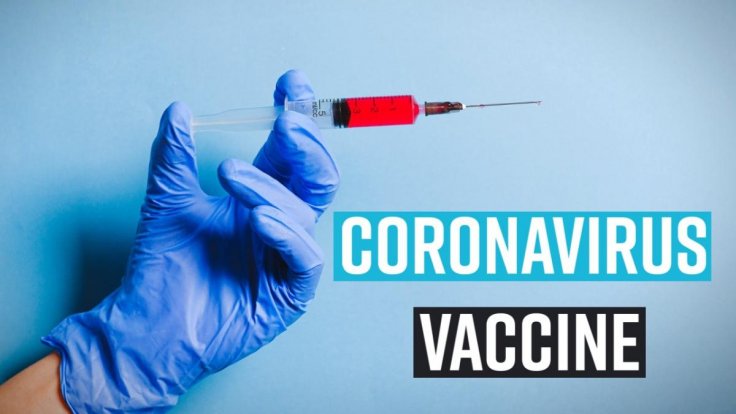In a report released on Wednesday, World Health Organization suggests purposefully infecting healthy volunteers with coronavirus may help in developing potential vaccine faster. It says controlled human studies or well designed "challenge studies" may not just speed up the COVID-19 vaccine development but also make it deployed more effectively.
Document provided by WHO provides guidance to researchers and scientists about challenges of such studies and criteria needed to be satisfied to make them ethically acceptable. It states that human infection challenge studies have a long history in finding the vaccine against smallpox, typhoid and malaria. However, it acknowledges that such studies are "ethically sensitive".
WHO mentions eight conditions that are required to be met for conducting SARS-CoV-2 challenge studies: Scientific justification, Assessment of risks and potential benefits, Consultation and engagement, Coordination, Site selection, Participant selection, Expert review and Informed consent. "The criteria are not mutually exclusive: they are interconnected in numerous important ways. For SARS-CoV-2 challenge studies to proceed, it should be demonstrated that all eight criteria have been satisfied," report suggests.
SARS-CoV-2 challenge studies must involve informed consent

It says such studies must have strong scientific justification and should have consultation and engagement of relevant expert and policymakers. Close coordination between researchers, funders, policy-makers and regulators is necessary. Site where research is conducted should meet highest scientific, clinical and ethical standards.
Challenge studies that should be reviewed by a specialized independent committee must involve rigorous informed consent. Volunteers who lie between the age brackets of 18 to 30 years are best suited for such studies where risks should be minimized.

Earlier this week US based pharmaceutical giant Pfizer announced its first coronavirus experimental vaccine trial on human has begun. Participants are being dosed with BNT162 medicine that was first tried by its partner company BioNTect last month in Germany. Pfizer aims to conduct the trial on 360 adults between the age group of 18 to 55.
According to World Health Organization, eight such vaccine programs are in clinical phase and more than 100 have been running under initial phase.








